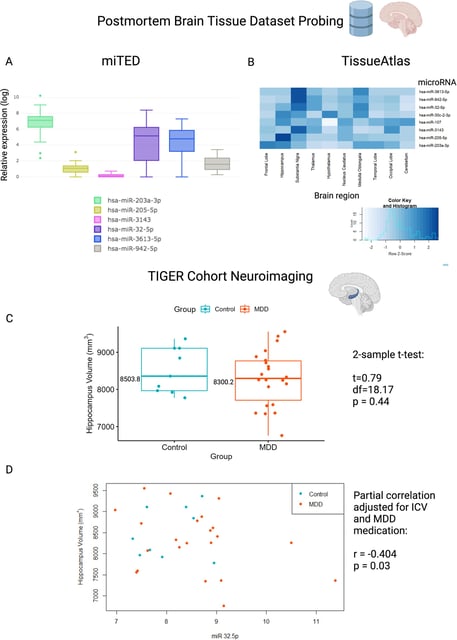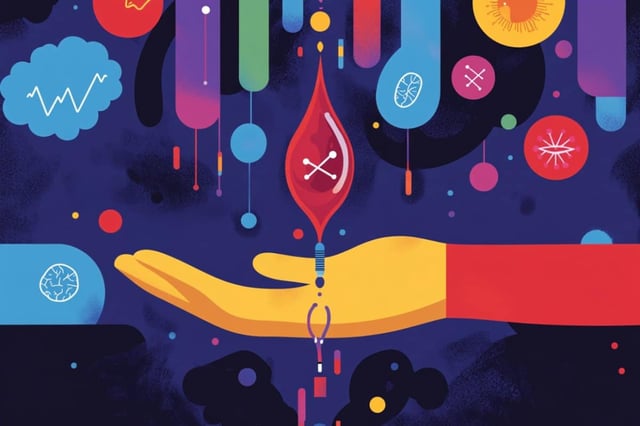Overview
- Nine blood-based microRNAs were identified as elevated in teenagers with depression, marking a breakthrough in understanding adolescent-specific biological processes.
- The study highlights that these biomarkers are not associated with adult depression, suggesting unique neurodevelopmental pathways in teens.
- Researchers used a minimally invasive dried blood spot method, enabling scalable and practical sample collection through simple finger pricks.
- Expression of miR-32-5p was inversely correlated with hippocampal volume, pointing to a potential neurobiological basis for depression severity.
- The findings, published in Biological Psychiatry Global Open Science, establish proof of concept, with plans for larger validation studies to explore genetic and environmental interactions.

